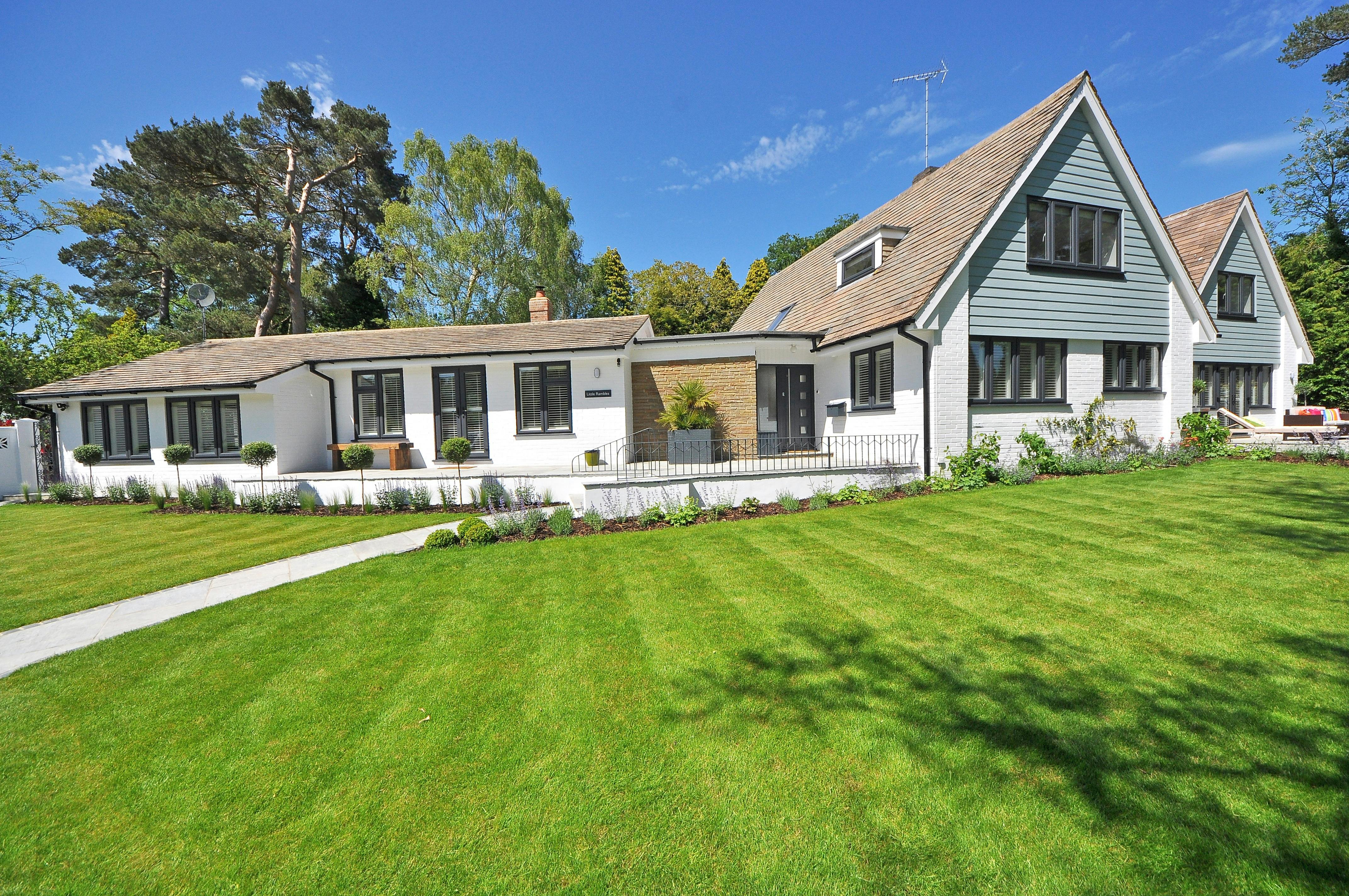While possible, there are important restrictions and processes to understand when buying a house in Thailand as a foreigner. Here's a breakdown of what you need to know:
Restrictions on Land Ownership
- Foreigners cannot directly own land in Thailand. This means you cannot buy a house with freehold ownership of the land it sits on.
Workarounds and Options
- Condominiums: You can fully own a condominium unit, provided the building's foreign ownership quota (maximum of 49%) is not exceeded. This is the most straightforward way for foreigners to own property in Thailand.
- Leasehold: You can obtain a long-term lease (usually 30 years, renewable) on a house and land. This gives you usage rights but not outright ownership.
- Thai Company Structure: A company with majority Thai ownership can be established to purchase the house and land. As a shareholder, you have indirect control over the property. This method is more complex and requires legal expertise.
- Board of Investment (BOI): In very rare cases, the BOI might grant land ownership permission for specific projects, but this is unlikely for standard residential purchases.
The Buying Process
- Property Search: Work with a reputable real estate agent and thoroughly research properties.
- Due Diligence: Have a lawyer thoroughly investigate the property, title deeds, and any potential encumbrances.
- Deposit and Purchase Agreement: A deposit is usually paid, and a purchase agreement is signed, outlining terms and conditions.
- Land Department Transfer: The official transfer of the property (or lease rights) occurs at the Land Department. Fees and taxes apply.
Important Considerations
- Legal Representation: It's absolutely crucial to hire a qualified Thai lawyer with experience in property transactions for foreigners.
- Cost and Taxes: Buying property in Thailand comes with transaction fees, taxes, and potentially ongoing property taxes.
- Visas: Buying property does NOT automatically grant you a long-term visa to stay in Thailand.
- Investment vs. Residence: Consider if the purchase is purely for investment or if you plan to live there for extended periods (this impacts the type of property you'll want).


